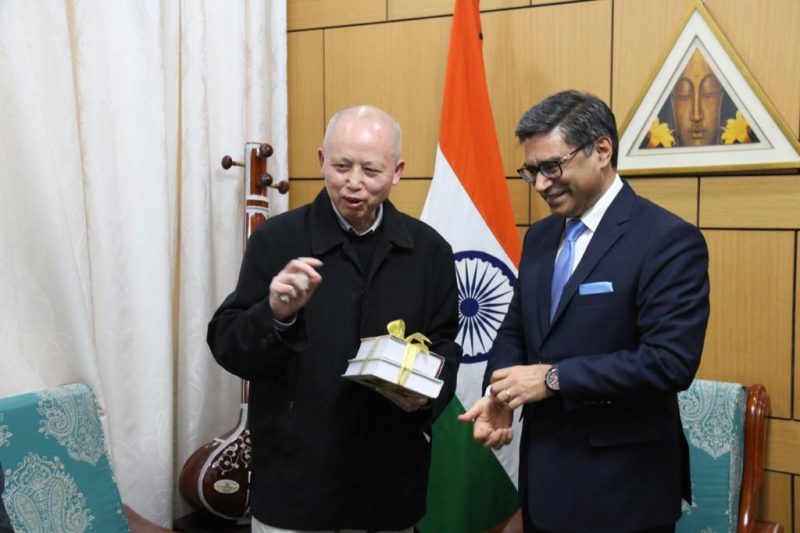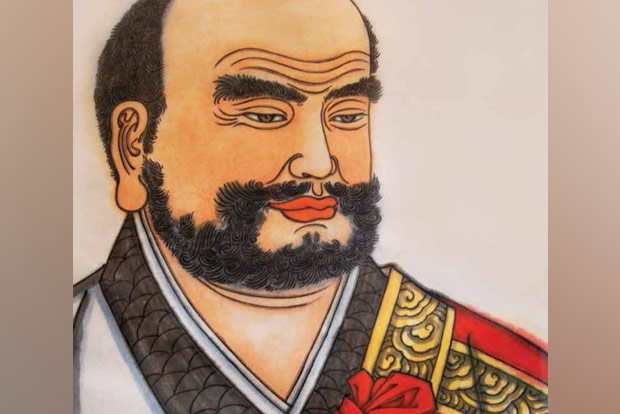
Sanskrit Is Popular In China Even After 2,000 Years Says, Chinese Professor
Wang Bangwei, a well-known Chinese scholar in Sanskrit and Director of Sino-Indian Buddhist Studies, Institute of Oriental and Indian Studies at the Peking University, says Sanskrit is popular in China even after 2000 years.

Wang said that Peking University is the oldest university in China and this year the university has completed 100 years of teaching Sanskrit. He credited 4th Century AD Indian scholar Kumarajiva for thinning out Sanskrit in China.
He also said that the Sanskrit teaching programme is being offered at the Perking University a century ago but Sanskrit research and teaching in China is from the last 2000 years. When Buddhism came to China from India, Chinese Buddhist monks started explaining and changing Indian texts into Chinese. Since then, Sanskrit study and research began.
Also Read: China Becomes Second Country In The World To Plant Its Flag On The Moon – Viral Bake
More than 100 Chinese scholars studied at Nalanda University (Bihar) until it started to decline in the 11th Century. Wang Bangwei also stated that “Sanskrit is a major language of Indian culture. More and more people in China are interested in Indian culture and Sanskrit is a good way to learn more about Indian culture.”

Moreover, he said that Sanskrit is an important language that helped the Chinese to learn about Buddhism, Hinduism, astronomy, Ancient Indian medicine, and Mathematics.
About Kumarajiva
Kumarajiva was a Buddhist monk, missionary, scholar, and translator from the Kingdom of Kucha. Firstly, he studied the teachings of the Sarvastivadin schools, after this, he studied under Buddhasvāmin, and then became an adherent of Mahayana Buddhism.
Kumarajiva was involved in translating Buddhist sutras to the Chinese language during his stay in China over 2,000 years ago. He also earned the royal title of “National Teacher of China”. Kumarajiva was the first scholar who set a firm foundation for civilizational links between the two countries.



